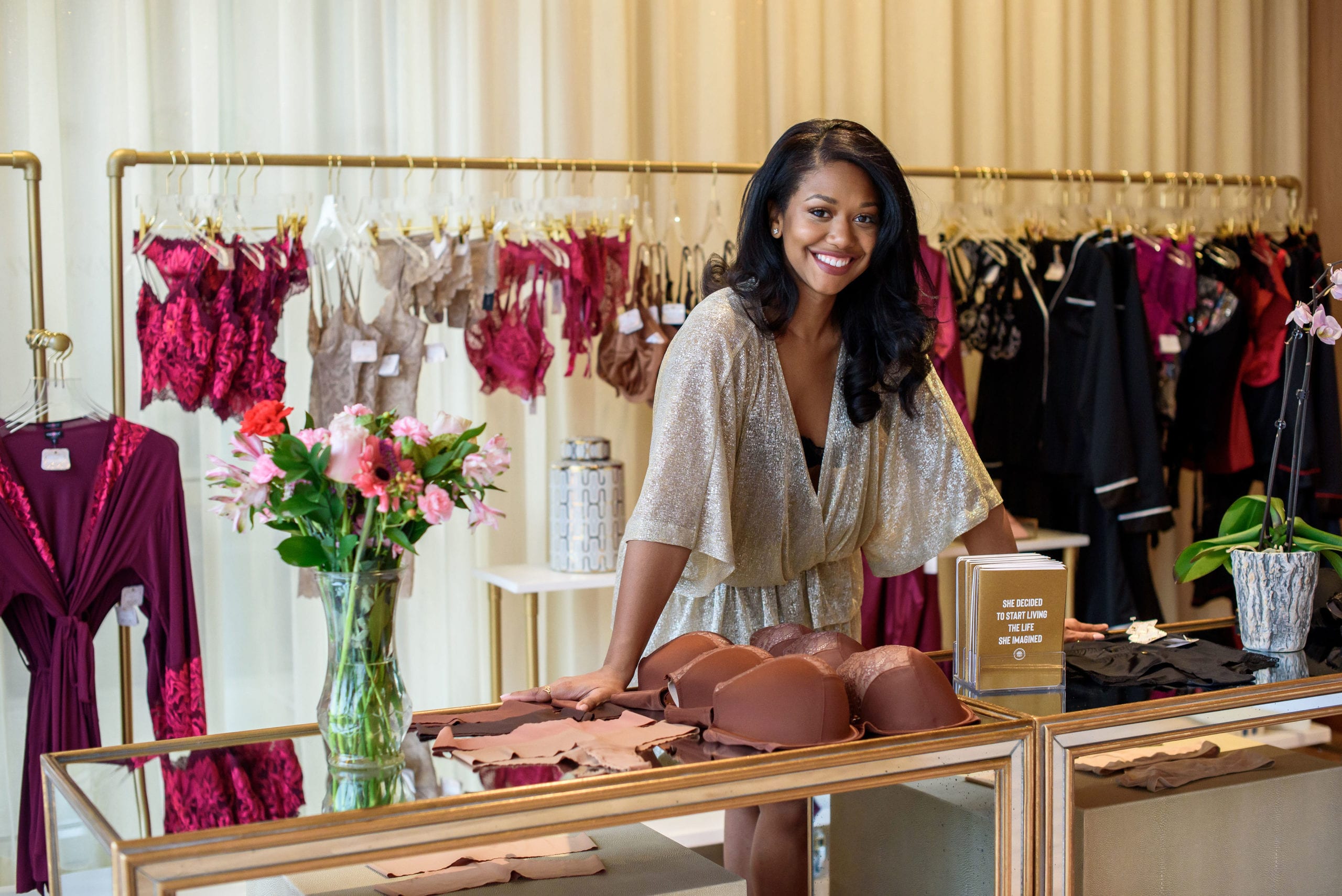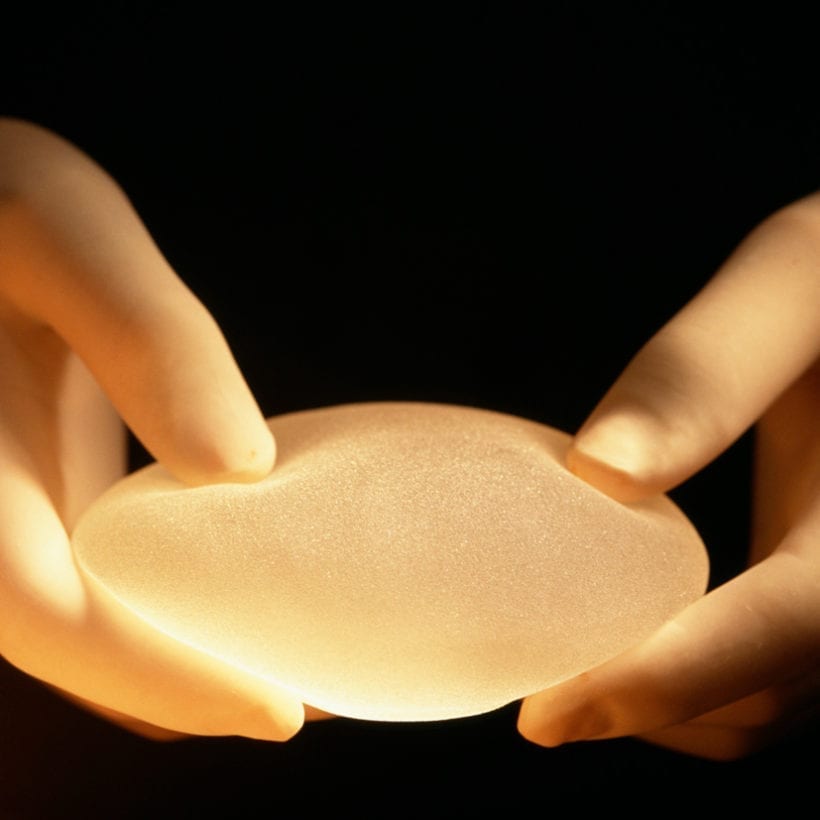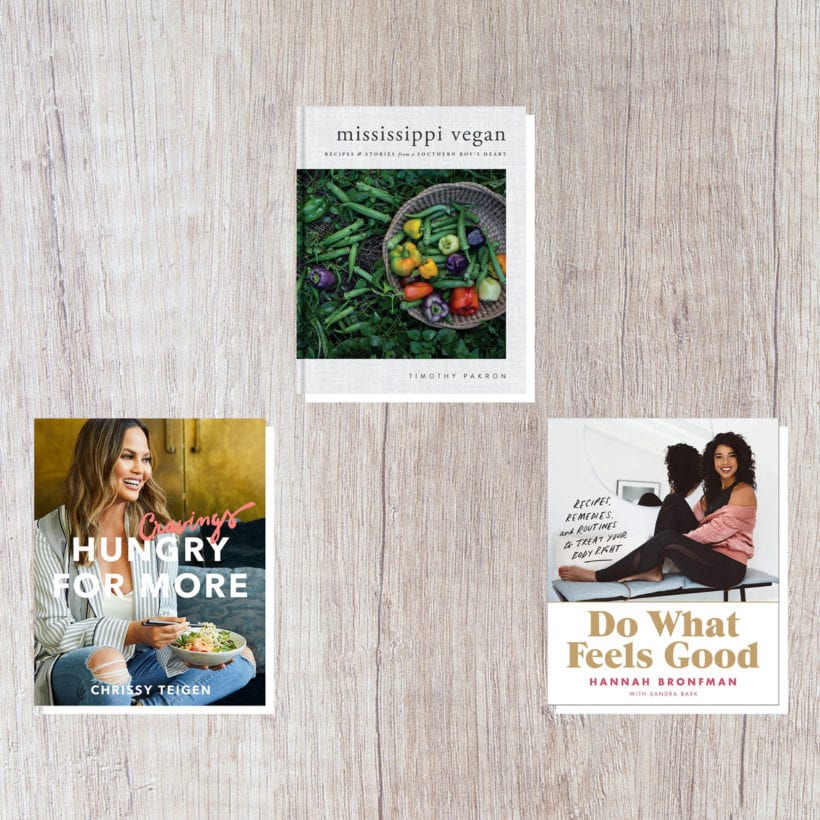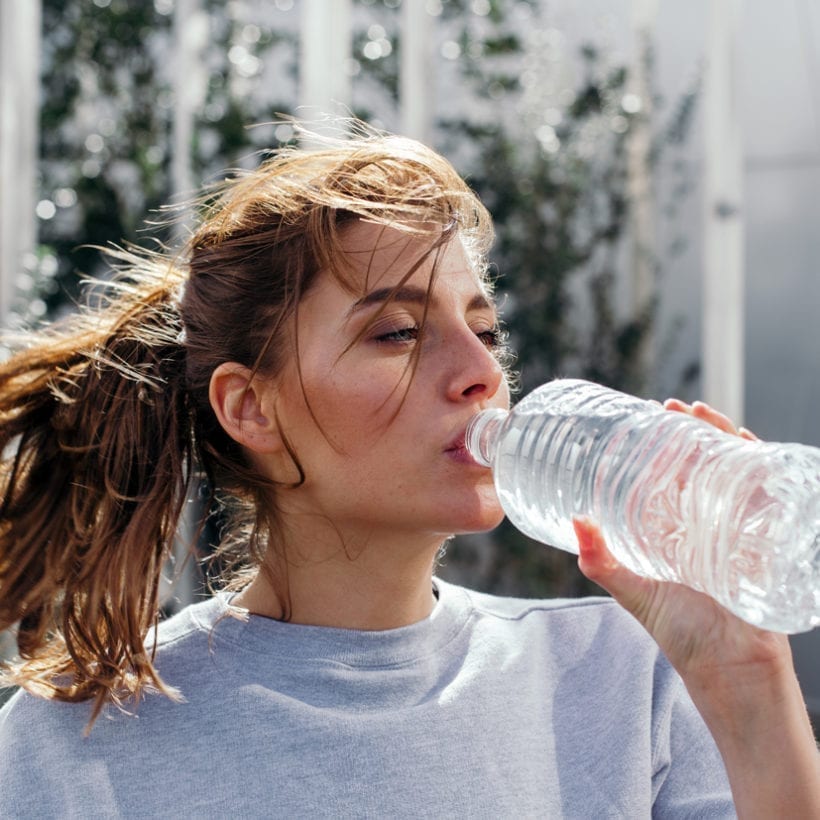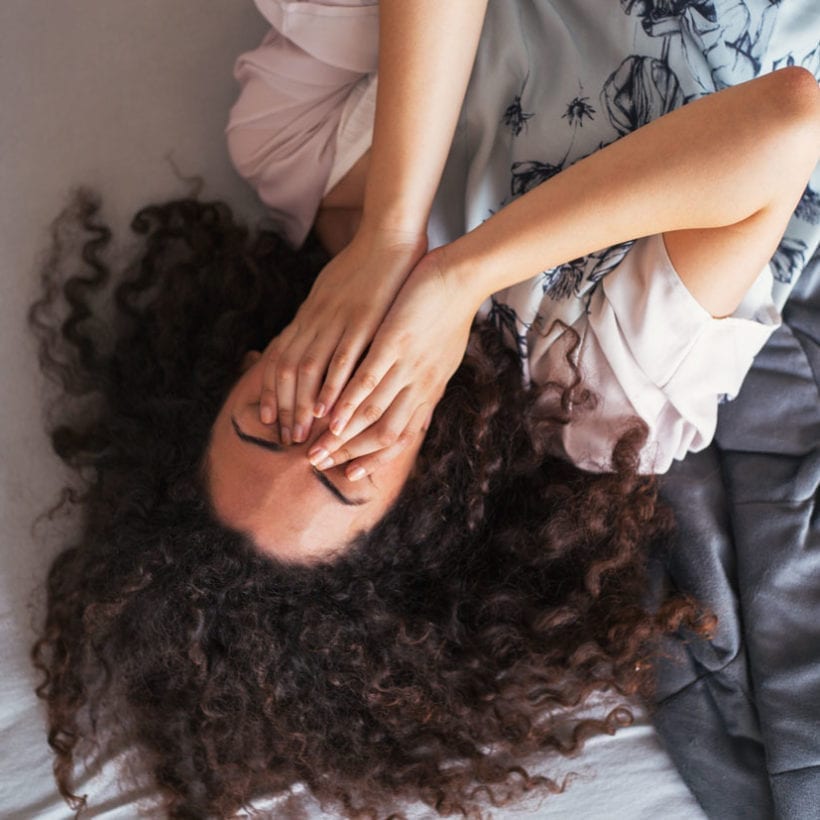October is a Breast Cancer Awareness month, which you may know as stores and websites become a sea of pink in support. The good news is that breast cancer research is well-funded (in fact, it’s the most funded cancer, according to 2018 findings from Northwestern University) but there are still strides to be made when it comes to accommodating people post-mastectomy.
I spoke with Jasmine Jones, co-founder of Cherry Blossom Intimates, an award-winning health facility and intimates boutique in Glenarden, Maryland which offers bras in over 200 sizes ranging from AA to N cup (and band sizes from 28-54). The shop also caters to women who have had mastectomies by offering post-surgical bras and prostheses in a beautiful boutique setting (inside Cherry Blossoms Intimates, there’s even a living wall made of vibrant pink moss).
Jones tells me that often the only option for many breast cancer survivors is to shop for post-mastectomy bras and prostheses in medical supply stores, which doesn’t make the often vulnerable experience of trying on intimates feel sexy or elevated. She knew she could make this experience fun and luxurious instead of clinical, and so she partnered with Dr. Regina Hampton, board-certified breast cancer surgeon and a certified mastectomy fitter, in 2017. The two met at a breast cancer walk in 2017: Jones, who was Miss Black DC USA at the time, was supporting a friend with the disease at the walk and Dr. Hampton was her friend’s breast surgeon. The pair officially opened Cherry Blossom Intimates in October 2018.
https://www.instagram.com/p/CB3mZqEHucq/
Jones was drawn to this line of work after losing her grandmother to breast cancer during her sophomore year of college, and her grandmother’s legacy lives on in the work Jones does (and there’s even a framed photo of her grandmother in the store). Her grandmother never found comfortable prostheses and that matched her skin tone, and she stopped wearing her prosthesis all together. Women, especially black women who often find their skin tones underrepresented in beauty and fashion, deserve more when it comes to shopping for post-mastectomy lingerie. Jones tells me that nationwide, breast prostheses are typically offered in just two skin tones.
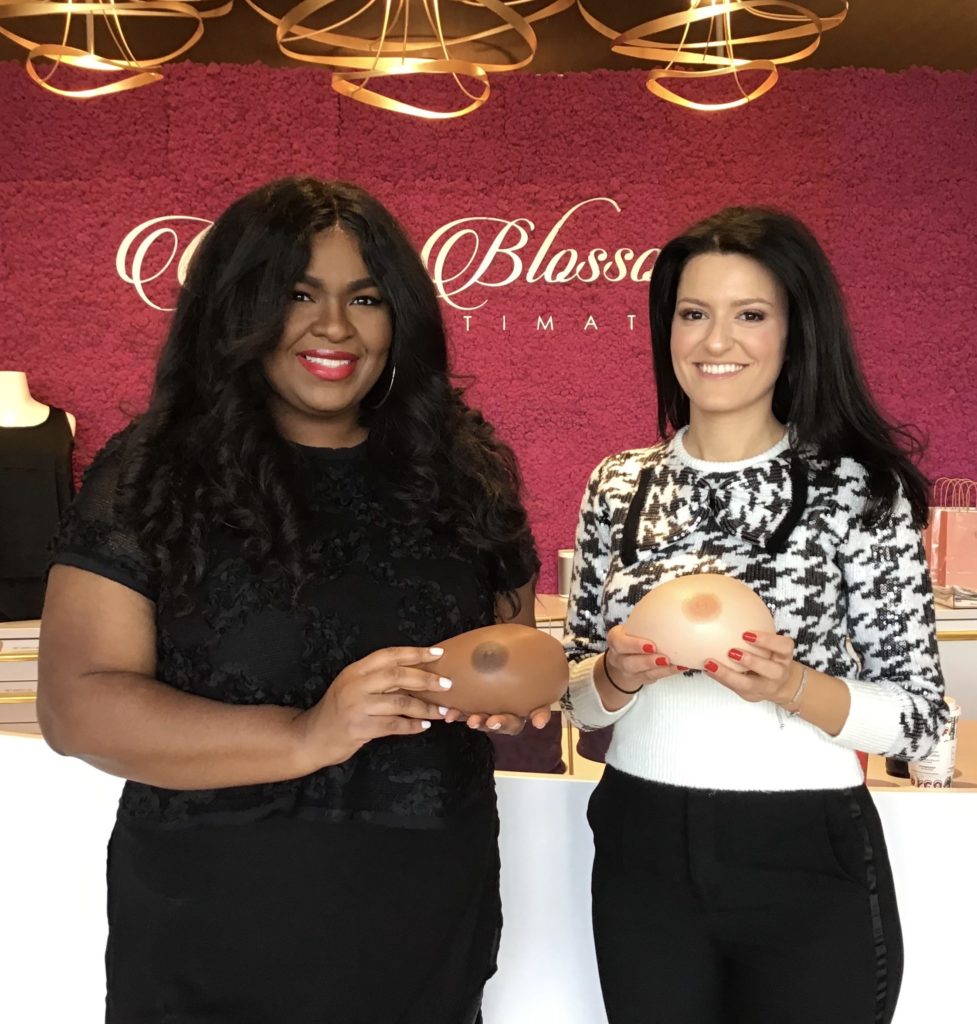
Cherry Blossom Intimates offers custom-created silicone breast prostheses in 36 skin tones. Using 3D printing technology, the prostheses can closely resemble how the breast looked pre-surgery. “Women come in a wide range of skin tones, shades, and hues. Our pieces need to reflect the unique bodies and colors of every woman. We are able to customize these prosthetics, adding freckles, veins, and even choosing the depth projection of her prosthetic nipple,” she says.
In addition to helping breast cancer survivors emotionally, prostheses also have physical health benefits. They can help protect the mastectomy scars, and prevent shoulder slump, neck strain, and asymmetry. “Custom breasts can make a woman feel confident, complete, and whole again,” Jones says.
Jones tells me that nationwide, breast prostheses are typically offered in just two skin tones. Cherry Blossom Intimates offers custom-created silicone breast prostheses in 36 skin tones.
Cherry Blossom Intimates also offers more traditional prostheses (available in 17 sizes and two colors); these are folded in half, then inserted into a pocketed bra. The more personalized 3D printed prosthesis is specifically designed to be worn directly against the chest wall, and they tuck under any type of bra or bathing suit while resting against the skin, which means you do not have to be wearing a specialized post-mastectomy bra to wear these, so a world of halters and backless or strapless dresses opens up. The store also carries swimsuits and activewear for breast cancer survivors.
Jones says the best part of her job is seeing how happy breast cancer survivors are when they put on their new prosthetics for the first time. “The way they smile in the mirror is indescribable. Suddenly, she’s standing straighter and proudly sticking out her chest. As a certified mastectomy fitter, it brings me absolute joy to see how my work changes a woman’s confidence.”
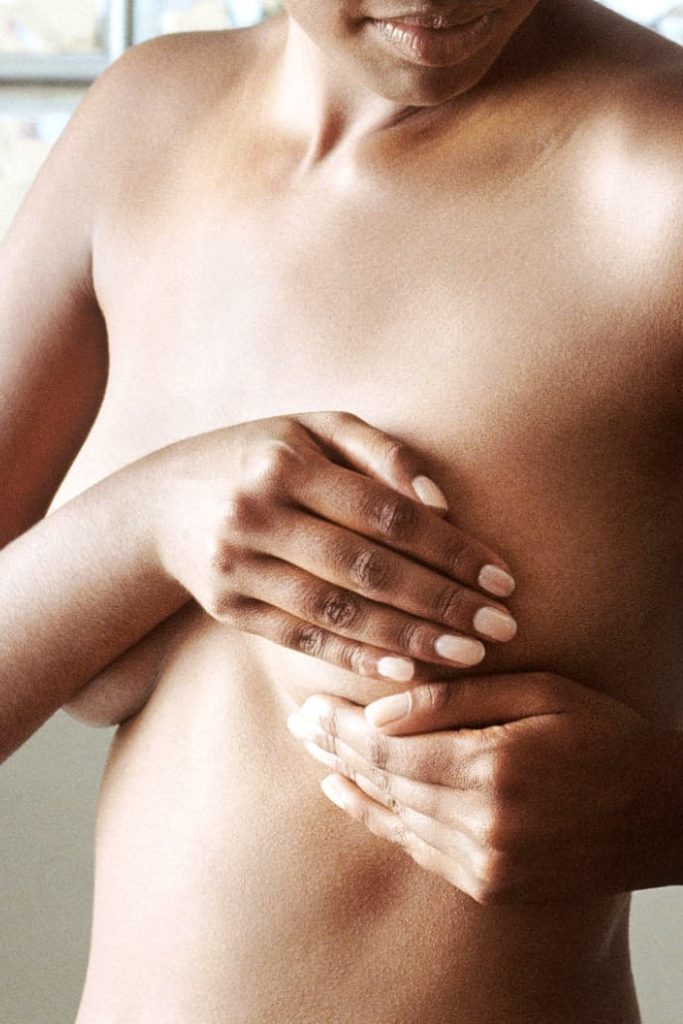
She says that a well-fitting prosthetic can cause a woman to walk taller and feel comfortable knowing it won’t shift or fall while she takes off her jacket or walks around. “These are details that survivors think of often but most brands overlook. It’s important for us to be a company that hears our customers’ needs and provides products and services that fill those voids,” Jones says.
Many women don’t realize that post-surgical supplies can be covered by insurance, and Cherry Blossom Intimates works with a network of medical insurance providers to ensure that their products are available to the largest number of people possible. The full list of 14 accepted insurance companies can be found on their website, and Jones says they handle all medical billing in-house which I suspect is a major relief for survivors who are already dealing with mountains of paperwork and red tape.
The Importance Of Mammograms
I would be remiss not to mention the importance of early detection and regular mammograms when writing about Breast Cancer Awareness Month. “The benefit of self-assessment and an annual mammogram is immense.” Dr. Cristin Dickerson, MD. Founder and CEO of Green Imaging, PLLC, says. “We know that cancer diagnoses this time this year, compared to this time last year, are way down,” she adds. While this may seem at first like good news (it did to me) unfortunately, it’s not good news at all. “That means people are putting off their annual screenings,” she says. And early detection is crucial. People whose breast cancer is detected at an early stage have a 93 percent or higher survival rate in the first five years, according to the non-profit imaging center, Carol Milgard Breast Cancer.
If you’re 40 or over and haven’t scheduled your yearly mammogram because you’re (understandably) hesitant to visit a doctor’s office right now, you may want to reconsider that decision. “If you are at high risk or having acute symptoms, the risk of putting off a mammogram is higher than the threat posed by COVID-19 at outpatient facilities who are taking every imaginable precaution to keep staff and patients safe,” Dr. Dickerson adds. “Women should really start at 40 because breast cancer is often a far more aggressive disease in younger women than in older women. Age 40 to 55 is a really important time for women to get an annual mammogram. You want to catch it early.” And while performing self-exams on your breasts at home can be helpful, it’s not a substitute for mammograms. “If you wait until it’s a palpable lesion when you can feel it in your breast, it’s often a later stage cancer and will probably require chemotherapy and radiation,” Dr. Dickerson says.
https://www.instagram.com/p/CDXB2IyhhoB/
If you’re in the 12.5% of Americans who are uninsured right now or are fearing that you may soon lose your health insurance, I see you and understand why it may be financially necessary to skip your exam. But, you could consider scheduling a mammogram through a digital healthcare company, like Sesame, which allows people to pay for medical services, including mammograms upfront, which saves up to 60% on the typical cost. Sesame is the first health care company to work with Affirm (which is a payment plan option you may have seen on websites like Sunday Riley, West Elm, TheRealReal, Casper, and many more). This allows patients to pay over time with less interest than you may accumulate on a credit card. You can go onto their website and search for the service you’re needing and where you live, then compare prices; for example, a mammogram in Manhattan ranges from $165 to $605.
Regardless of how you schedule your mammogram, if you have the means, don’t wait to do so. “Breast MRI and mammography are the two most sensitive and accurate ways to detect breast cancer. We can catch it early and do less invasive therapy,” Dr. Dickerson says.
